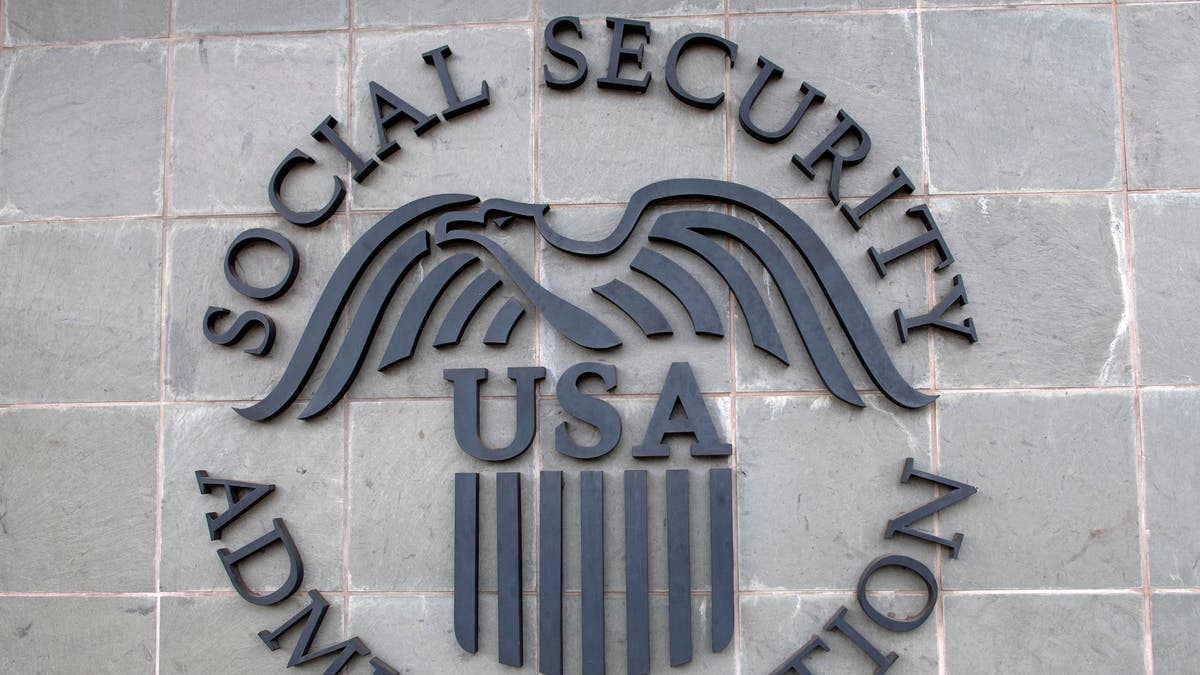Michelle King, the acting head of the Social Security Administration (SSA), resigned over the weekend following a dispute with the Department of Government Efficiency (DOGE), led by Elon Musk, concerning access to sensitive government data. Sources close to the situation informed the Washington Post that King's departure stems from this disagreement.
President Trump has reportedly designated Leland Dudek as the interim SSA leader while awaiting Congressional approval of his official nominee, Frank Bisignano. White House Principal Deputy Press Secretary, Harrison Fields, expressed confidence in Bisignano's swift confirmation in the coming weeks. In the interim, a career SSA anti-fraud specialist will serve as acting commissioner.

The image above shows the SSA office logo in Burbank, California, taken on November 5, 2020. (Valerie Macon/AFP via Getty Images)
Fields emphasized President Trump's dedication to appointing highly qualified individuals focused on serving the American people, rather than appeasing bureaucratic structures. Unnamed sources also indicated to the Washington Post that Dudek had publicly praised DOGE's initiatives to combat fraud and reduce federal spending.
Elon Musk, at the helm of DOGE, is spearheading an aggressive campaign to curtail government expenditures under the Trump administration. DOGE, established by executive order, is a temporary White House entity with an 18-month mandate. The SSA, established in 1935 under President Roosevelt, is one of DOGE's current focal points.

The image above shows Elon Musk with President Trump at an Oval Office event on February 11, 2025. (AP Images/Alex Brandon)
Musk recently highlighted potential discrepancies within the Social Security database, pointing to millions of records indicating centenarians marked as living. He humorously speculated about the possibility of vampires receiving Social Security benefits. Musk's post included a chart showing over 20 million individuals aged 100 or older, including substantial numbers in the 130-159 age range. This contrasts sharply with the 2020 U.S. Census data, which recorded just over 80,000 centenarians.








